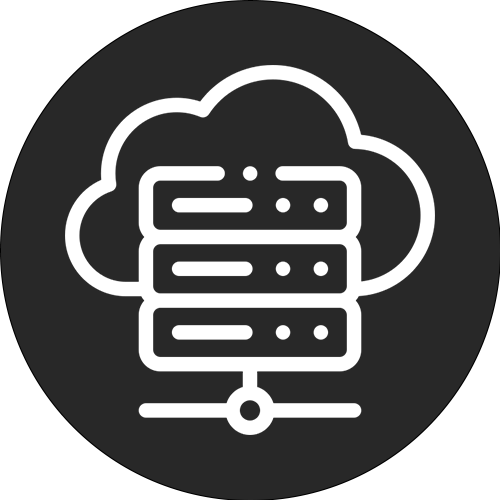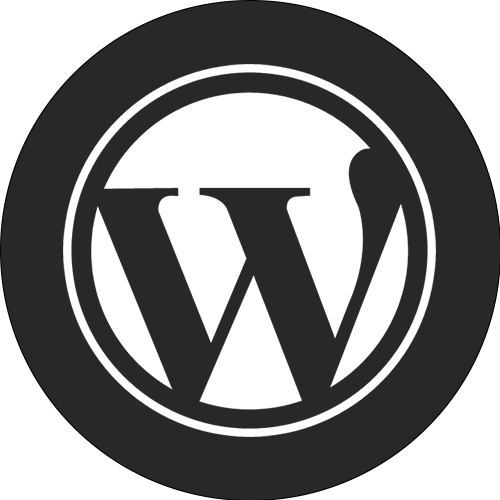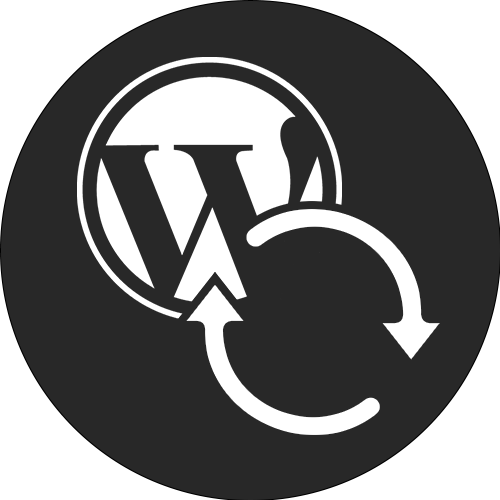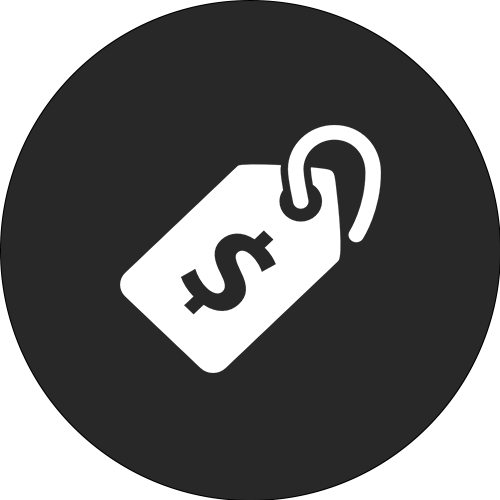With the growing popularity of WordPress as a content management system, it is important to ensure that your website continues to run quickly and efficiently. One way to improve the performance of your WordPress website is to prevent plugins from loading for specific pages and posts. In this article, we will show you how to do this and give you some useful optimization tips to avoid unnecessary plugin load. So if you're looking for ways to optimize your WordPress website and improve load time, read on.
"Optimize your WordPress website: How to prevent plugins from loading for specific pages and posts."
One of the most important aspects of optimizing a WordPress website is ensuring that plugins do not load unnecessarily on specific pages and posts. This can significantly slow down website load times and negatively affect overall performance. Fortunately, there are several ways to address this problem and ensure that only the necessary plugins are loaded. One of the most effective methods is to use a plugin called "Plugin Organizer." This plugin allows website administrators to adjust the loading order of plugins and disable specific plugins on certain pages and posts. This allows the website to load faster and provide a better user experience. In addition, website administrators can also manually add the necessary code to their themes' functions.php files to disable specific plugins. However, it is important to be careful when editing these files because incorrect code can lead to website errors. All in all, reducing the load time of a WordPress website by avoiding unnecessary plugin loads is crucial for optimal user experience and SEO ranking.
2. "Improve the performance of your WordPress website: Manage load time by disabling plugins for specific pages and posts."
An effective way to improve the load time of your WordPress website is to disable plugins for specific pages and posts. While plugins are often essential to the functionality of your website, they can also negatively affect performance. By disabling plugins for specific pages and posts that do not use them, you can significantly reduce the load time of your website. This can be done through the use of plugins such as "Plugin Organizer" or by manually disabling plugins on specific pages using custom code. By managing the load time of your WordPress website, you can ensure that your site remains fast and responsive, which is essential for a positive user experience and better ranking in search engines such as Google.
3. "WordPress optimization tips: Avoid unnecessary plugin load for specific pages and posts"
One of the most important aspects of optimizing a WordPress website is reducing unnecessary plugin load. While plugins are useful for adding functionality, they can also slow down a website's load time. Fortunately, there is a way to prevent plugins from loading for specific pages and posts, improving the speed of your website. One effective way to do this is by using the "Conditional Tags" feature in WordPress. This allows you to identify specific pages and posts and indicate which plugins should or should not load. This can be accomplished by adding custom code to your theme's functions.php file. By applying this optimization tip, you can significantly reduce your website's load time and improve the user experience.












